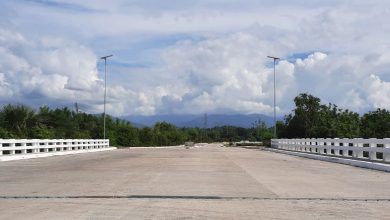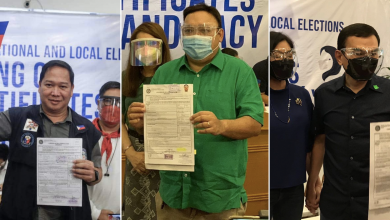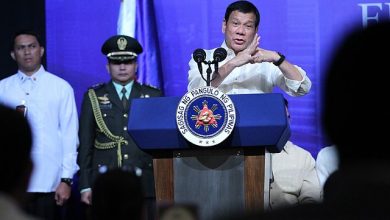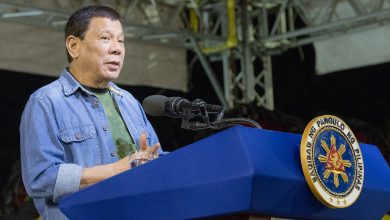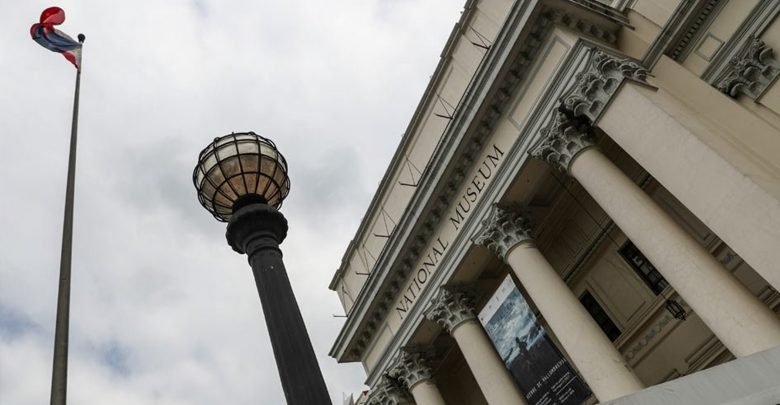
PRRD signs National Museum Act for Pinoys’ cultural development
President Rodrigo Duterte recently signed a law sustaining the National Museum to further strengthen the cultural development of Filipinos.
Signed on April 26, the Republic Act No. 11333 or the National Museum of the Philippines Act, delegates the National Museum as the country’s primary institution for managing and developing museums and collections of national importance in the areas of arts, cultural heritage, and natural history.
“It shall be a permanent institution in the service of the entire national community and its development, accessible to the public, and not intended for profit, “states the new law.
The new signed law also renamed the “National Museum” to “National Museum of the Philippines” which means “Pambansang Museo ng Pilipinas” in Filipino, continuing to classify the museum as a national government agency.
This indicates that the museum will be exempt from payment of taxes, fees and other charges imposed by the government. All donations to the museum shall also exempt from donor’s tax.
Under the new law, the museum’s responsibilities are as follows:
- Function as an educational, cultural, and scientific institution;
- Establish, manage and develop the National Museum Complex in Rizal Park in Manila, central museums, regional museums, and other facilities;
- Manage and develop the national collections of the Republic of the Philippines in the areas of science of arts, cultural heritage, and natural history;
- Carry out permanent research programs combining integrated laboratory and field work in biodiversity, geological history, human origins, pre-historical and historical archaeology, maritime and underwater cultural heritage, ethnology, art, history, immovable, movable and intangible cultural properties, and similar or associated fields;
- Disseminate technical and museological skills and support museum development in the country;
- Extend technical assistance in the preservation and restoration of cultural properties of national significance; and
- Carry out any and all other functions characteristics of public collecting and research museum institutions of similar mandate and national scope, in line with prevailing international principles and best practices.
via ABS-CBN News / Arianne Merez

